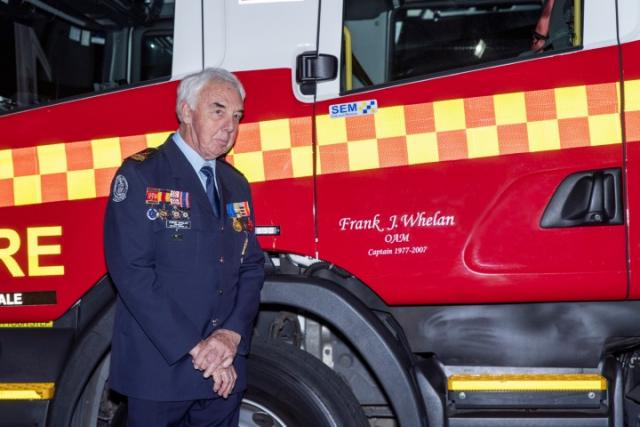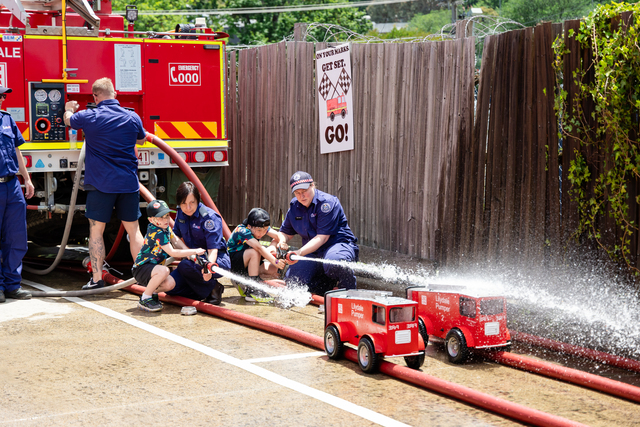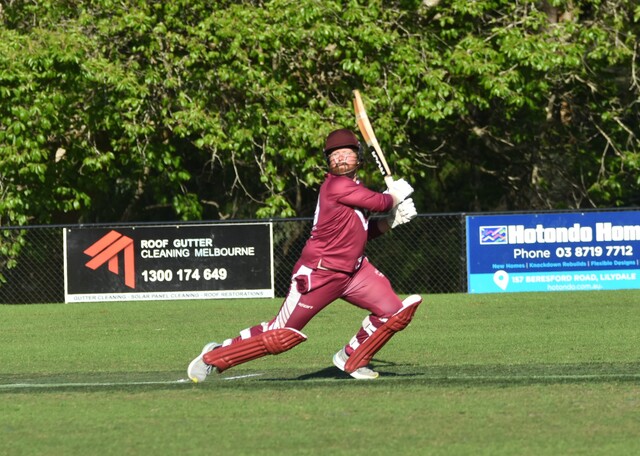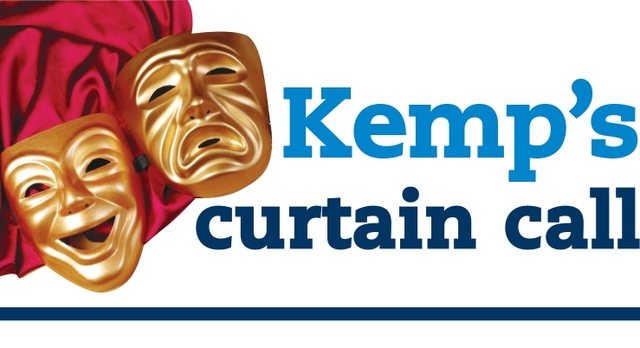When it comes to well known family names in Lilydale, the Whelan’s spring to mind, having been living in the suburb since the late 1800s.
In an upcoming talk at the Lilydale and District Historical Society (LDHS) on Saturday 2 September, brothers Frank and John Whelan will be sharing the stories of some of the key movers and shakers in their family and how giving back has always been in their blood.
From gold miners to firefighters, pub owners to champion swimmers, the Irish-born ancestors of the Whelan, Park and Corbett families have left their mark on the history of Lilydale.
William Park was the first to make Lilydale home, most likely travelling to Australia in the 1850s or ‘60s, settling north of Lilydale by 1869 when he married widowed publican Mary Shippen-Hussey, the owner of the first hotel in Coldstream.
“William II, who was his son, and Mary Ann Park, took over the hotel and changed the names to the Park Hotel or the Sportsman Arms,” Frank said.
“They were involved in all sorts of things, horses, the hunt club and the racing club and various other bits and pieces but they ran the hotel for quite some time, William’s son and Mary Ann Park.”
On the other side of the family was John Whelan, who came from Ireland in 1858 on the clipper monsoon, who settled initially in Heathcote as a gold miner and brewer, as well as operating some hotels before moving to Lilydale in 1886.
“They moved into the family home in Castella Street in Lilydale,” Frank said.
From hoteliers to stable hands, the Whelan’s knew about hard work, something that was recognised by one of Lilydale’s most prized exports.
“My granddad George Whelan, he was the stable manager for Dame Nellie Melba in Coldstream,” Frank said.
“We’ve actually got a framed reference that she gave him. The only reason he stopped being there was because she moved to London to continue her career and she gave a really, really good reference.”
Continuing the Irish tradition of large families, Frank said his dad was one of nine, while Frank himself was one of six brothers and sisters.
Carrying on family traditions, Frank said it has always been very important to his family to give back in some way and be involved in community activities, events and groups.
“We were really heavily involved in the swimming club. Dad was a champion swimmer. They used to have an annual race in the Yarra River years ago back in ‘30s and he won that race once or twice,” he said.
“He and a number of people, Dr Peter McMahon was one of the doctors here many years ago, and he, dad, mum and a group of other Lilydale people all got together and resurrected the swimming pool.
“It was all done voluntarily. The council did a bit of work and then they all got together and painted it and did all the work around the place and then formed the Lilydale Swimming Club
“It went from strength to strength there and the pool hasn’t changed much from that in the early 1960s or even a bit earlier.”
Swimming was a big part of growing up for the Whelan kids, Frank said, with his sister Margaret and brother Michael going on to also be club champions.
For Frank however, he found his path in the local football club and the fire brigade as a volunteer.
“It was a family thing anyway, because one of my uncle’s was a previous captain of the fire brigade and dad was a lieutenant and my uncle Shan, who was killed in the Second World War, was a member of a brigade.
“It’s something that’s been a tradition for the Whelan’s probably close to 100 years, I suppose.
“And then I came along and my brothers were all involved in the fire brigade at one stage or another and my son then joined the fire brigade as well. So it must be in their blood.”
Frank said “we’ve always been bits of volunteers”, even the extended family, so “it’s a fairly strong tradition”.
Growing up in Lilydale, Frank said it was nothing like it is now, having become large and built up.
“It was very much a country town. Everyone knew everyone. It was a really, really nice childhood.
“You’d go down to the creek and have a fish and go to the pictures and annoy the heck out of the lolly shop people by buying one of this and one of that.”
Despite “losing a bit of its charm” Frank said “it’s still a fairly nice town to live in”.







